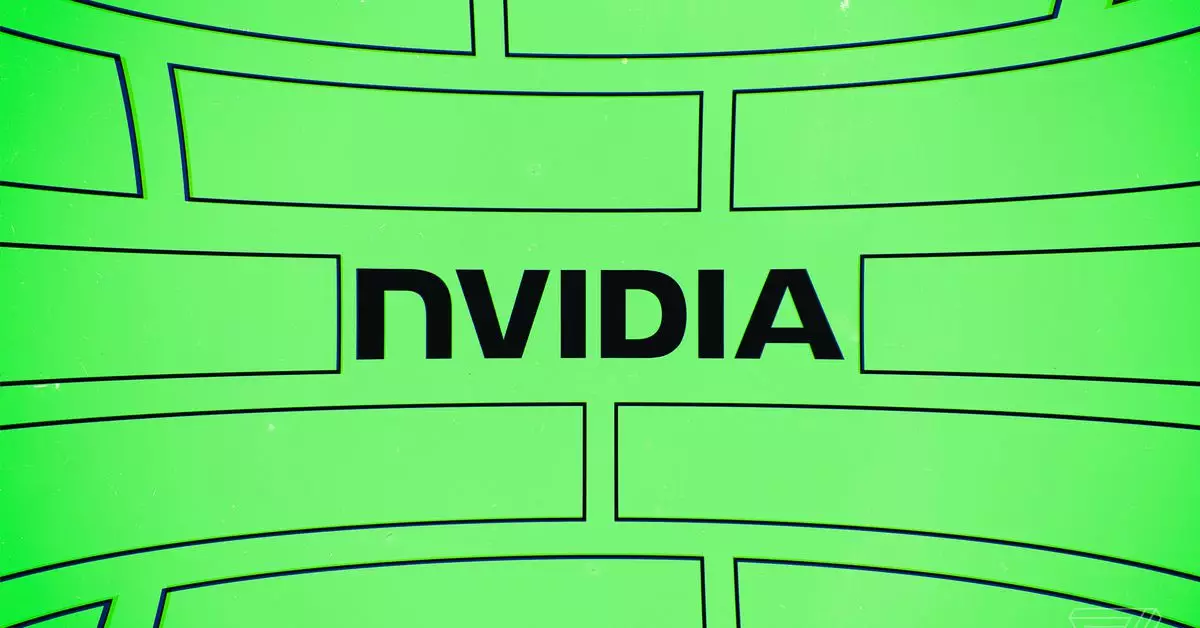Nvidia, a leading technology company, has recently faced a setback in the production of its highly anticipated “Blackwell” B200 AI chips. According to reports from The Information, Nvidia has informed Microsoft and other cloud providers that the production of these chips will be delayed by at least three months. This delay is attributed to a design flaw that was discovered late in the production process, causing a ripple effect on the timeline for the release of the chips.
The B200 chips are the successors to the widely popular and sought-after H100 chips that have dominated the artificial intelligence cloud landscape. These chips have played a significant role in establishing Nvidia as one of the most valuable companies in the world. However, with the unexpected design flaw in the B200 chips, Nvidia is now faced with the challenge of resolving the issue and ensuring a successful production process.
In response to the production delay, Nvidia is reportedly working closely with Taiwan Semiconductor Manufacturing Company to conduct a new series of test runs for the B200 chips. As a result, the shipping of large quantities of Blackwell chips is not expected to commence until the first quarter. This delay has prompted concerns among major tech giants like Microsoft, Google, and Meta, who have collectively placed orders worth “tens of billions of dollars” for these chips.
Impacts on the Market
The delay in the production of the B200 chips is likely to have broader implications for the AI chip market. Nvidia’s competitors, including AMD, are actively developing their own AI chip alternatives, aiming to capitalize on this opportunity to gain market share. The delayed release of the B200 chips may create a window of opportunity for other tech firms to establish themselves as credible players in the AI chip industry.
Nvidia’s setback in the production of the “Blackwell” B200 AI chips highlights the complexities and challenges involved in developing cutting-edge technology. While the delay poses short-term challenges for Nvidia and its partners, it also underscores the competitive nature of the AI chip market and the need for continuous innovation. As Nvidia works to address the design flaw and resume production, the industry will be closely watching the impact of this delay on the overall landscape of AI chip development.


Leave a Reply